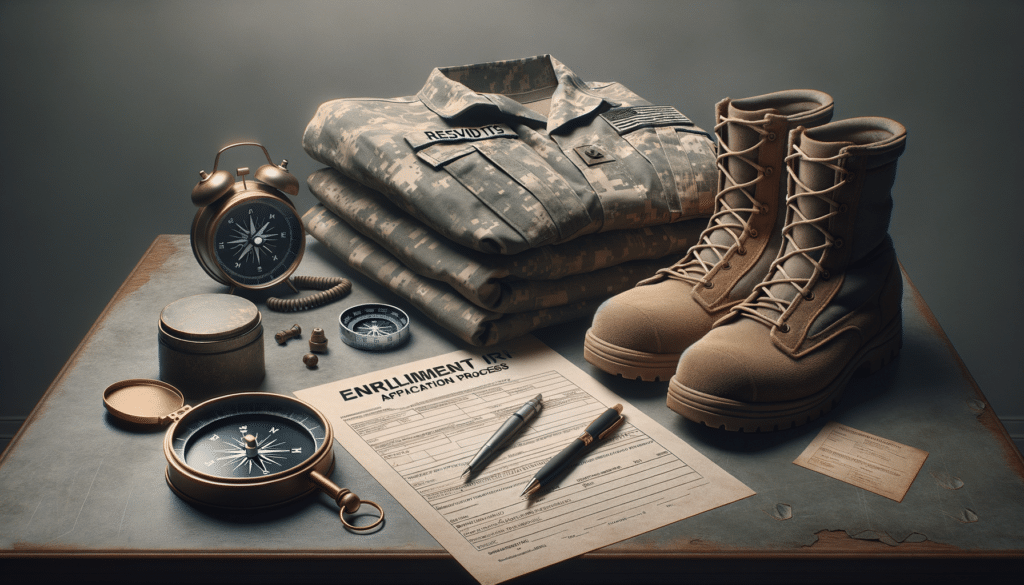Introduction to the Military Application Process
The journey to joining the military is a significant step that requires thorough preparation and understanding of the application process. For many aspiring recruits, the military offers not only a career but also a path to personal development and service to the nation. The application process is designed to ensure that candidates are well-suited for the demands of military life, both physically and mentally. Understanding this process is crucial for those looking to make a seamless transition into military service.
Eligibility Criteria and Initial Steps
The first step in the military application process involves ensuring that you meet the eligibility criteria. These criteria can vary slightly depending on the branch of the military you are interested in joining, but generally include:
- Age: Typically, recruits must be between 17 and 35 years old.
- Education: A high school diploma or equivalent is usually required.
- Citizenship: U.S. citizenship or permanent residency is necessary.
- Physical Fitness: Meeting specific health and fitness standards is essential.
Once eligibility is confirmed, the next step is to contact a recruiter. This initial meeting is crucial as it provides an opportunity to ask questions and gather information about the different roles available within the military. Recruiters can guide you through the application steps and help identify the best fit for your skills and interests.
Application and Testing: ASVAB and MEPS
The application process involves several tests and evaluations to assess a candidate’s suitability for military service. One of the primary assessments is the Armed Services Vocational Aptitude Battery (ASVAB) test. This test measures a candidate’s strengths and potential for success in military training. It covers areas such as arithmetic reasoning, word knowledge, and mechanical comprehension.
Following the ASVAB, candidates must undergo a physical examination at a Military Entrance Processing Station (MEPS). This comprehensive medical evaluation ensures that recruits meet the health standards required for service. The MEPS process also includes a background check and a personal interview to verify the information provided in the application.
Choosing a Military Occupational Specialty (MOS)
After successfully passing the ASVAB and MEPS, recruits must choose a Military Occupational Specialty (MOS). This decision is influenced by the candidate’s ASVAB scores, personal interests, and the needs of the military. The MOS determines the recruit’s role within the military and the training they will undergo.
It’s important for candidates to carefully consider their options and discuss potential career paths with their recruiter. The choice of MOS can significantly impact a recruit’s military experience and future career opportunities.
Training and Enlistment
Once an MOS is selected, recruits proceed to enlistment and basic training. Basic training, also known as boot camp, is an intensive program that prepares recruits for military life. It focuses on physical fitness, discipline, and the fundamental skills needed for service.
Enlistment marks the official start of a recruit’s military career. After completing basic training, recruits move on to advanced individual training specific to their MOS. This phase provides the technical skills and knowledge required for their chosen role.
Conclusion: The Path to Military Service
The military application process is a comprehensive journey that requires dedication and preparation. From meeting eligibility criteria to choosing an MOS and completing training, each step is designed to ensure that recruits are ready for the challenges of military life. By understanding and navigating this process, aspiring recruits can embark on a rewarding career in service to their country.





